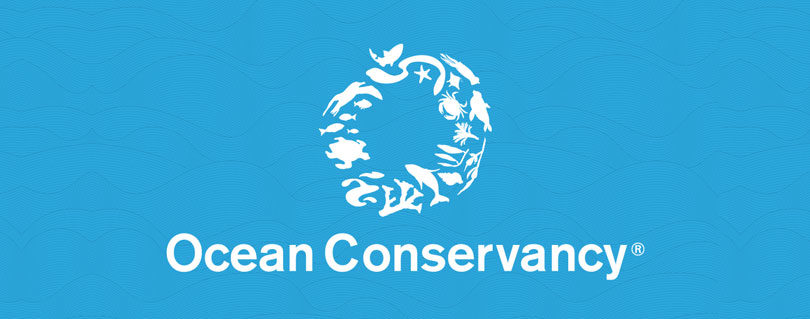Ahoy, Ocean Lubbers! It Be Talk Like a Pirate Day
Published by Ocean Conservancy
Approximately fifteen years ago, Pulitzer Prize-winning writer Dave Barry introduced the world to John Baur and Mark Summers — two friends who, by his estimation, had come up with a concept that “is going to make you kick yourself for not thinking of it first.” As the name suggests, Talk Like a Pirate Day is an occasion on which everybody would talk like a pirate. Is that a great idea, or what?
“There are so many practical benefits that I can’t even begin to list them all,” he wrote.
And Barry did not, in fact, begin to list them all. But he did assure his readers that “talking like a pirate will infuse your everyday conversations with romance and danger,” and “could bring us, as a nation, closer together.” September 19 — originally chosen because it was Summers’ ex-wife’s birthday, and thus the only date he could remember that did not already hold national significance — was henceforth known as Talk Like a Pirate Day not just to “Ol’ Chumbucket” and “Cap’n Slappy” (Baur and Summers, respectively), but to the masses.
To be absolutely clear, Ocean Conservancy does not endorse piracy of any kind. But we do have something in common with pirates (and those who talk like them): our love for the ocean. That’s why in addition to all the tireless work we do in support of a clean, healthy, well-managed ocean, we incorporate ocean language into our day-to-day vernacular. The two conference rooms in our D.C. headquarters are called The Fishbowl and The Multi-Porpoise Room, for example; our printers are named after our favorite marine animals (like the Narwhal — unicorn of the sea — which lives right by the desk at which I am typing at this very moment).
Particularly today, on Talk Like a Pirate Day, we encourage everyone to incorporate ocean and maritime expressions into conversation. Here are a few to get you started:


There are plenty of fish in the sea. This is probably one of the most well-known ocean sayings, meaning that you shouldn’t regret a missed opportunity or failed attempt as there are many others out there. You will likely hear it from a prying relative in reference to your failed relationship(s) at least once in your lifetime (and, by the way, at Ocean Conservancy, we strive to ensure that there are, indeed, plenty of fish in the sea through our sustainable fisheries work).
Feeling like a fish out of water. To feel uncomfortable or out of place in a situation. As the Director of Ocean Conservancy’s Fish Conservation Program warned me in preparation of this blog, though, there are actually certain bottom-dwelling fish that can “feel like a fish out of water,” too —when they are pulled too quickly into lower-pressure underwater environments. It’s called barotrauma, and it’s a bit like when divers experience “the bends.” It can also make some “catch and release” fishing lethal (check out this blog for more on that).
That’s a whale of a… Suggesting the huge size of something. You may have heard the expression “that’s a whale of a tale,” meaning, “what a story;” but, you can use it in lots of different ways, like “that triple-decker is a whale of a burger” or “marine plastics are a whale of a problem for ocean health.” And that last part is definitely true — scientists estimate that more than 8 million metric tons of plastic enter our ocean every year, and 800+ marine species have been documented with plastics in their stomachs (Ocean Conservancy has dedicated an entire program to the issue).


Red herring. Something that distracts from the real issue. Actual red herrings — herring fish cured through smoke and salt to a reddish-brown color — were once used to throw hunting dogs off scent trails. These are not to be confused with Red Snapper, a fish that Ocean Conservancy is working hard to protect. Note that in this case, I used “Red Snapper” as a “red herring.”
Getting (my/your/his/her/their/our) sea legs. Adjusting so as to feel balanced when on board a ship at sea. More generally, adjusting to something new. It took me several weeks to get my sea legs at Ocean Conservancy, for example, as I had to learn so many ocean puns.
A sea change. Another Shakespearean idiom, originating from The Tempest. Originally meaning a change brought about by the sea, the expression has come to refer to any significant change. One could say that climate change has brought about a sea change in marine ecosystems — literally and figuratively!


Can you think of any others?
The post Ahoy, Ocean Lubbers! It Be Talk Like a Pirate Day appeared first on Ocean Conservancy.
Read the full article at: https://oceanconservancy.org/blog/2017/09/19/ahoy-ocean-lubbers-talk-like-pirate-day/


